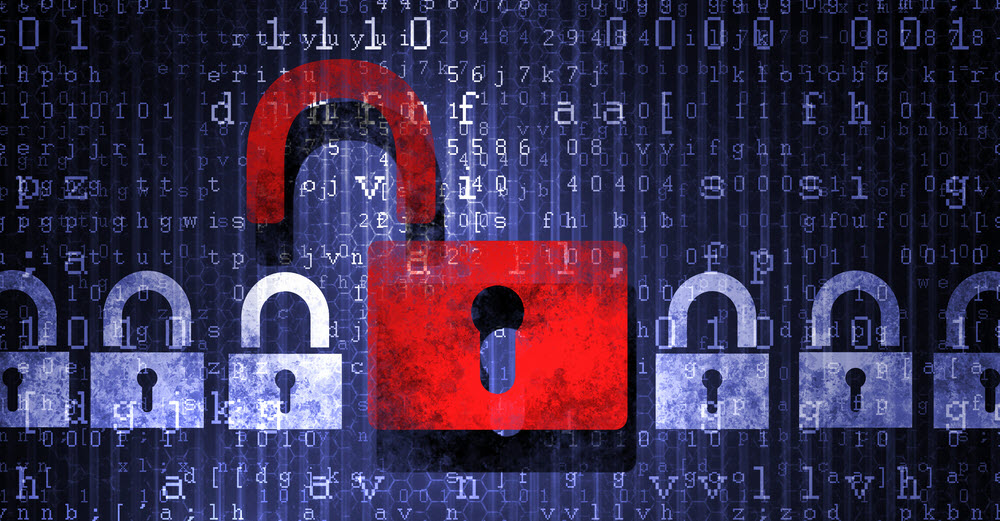The scope of internal auditing
Internal auditing is not just about compliance anymore, it is about companies succeeding and preventing mismanagement and abuse. In recent times, an internal auditor performs compliance as well as operational audits. A compliance audit assures that the company’s activities comply with relevant firm laws and regulations. An operational audit explores the effectiveness and efficiency of the firm’s activities, seeking to reduce the risks faced by the specific firm. In performing an operational audit, performance standards may include a variety of criteria, such as the percentage of late deliveries or idle labour time. It is the responsibility of the internal auditor to determine appropriate measures on the basis of experience and insight into the integrated function of the company’s activities. The scope of internal auditing widened considerably during the last three decades to encompass almost every aspect of an organisation.
Outsourcing of Internal Audits
In the interest of efficiency and also to guarantee auditor independence, companies have turned to outsourcing internal audit services. It is assumed that the success of a business calls for an organisation to renew their focus on core business activities and contract out those internal supporting but essential jobs to external expertise. For outsourced internal auditors, the knowledge obtained while performing internal audit activities can help increase their efficiency. For example, the internal control knowledge obtained while performing internal audit services should help reduce the amount of work needed to document internal controls, access control risk, and design tests of controls. It should also enhance the auditor’s awareness of specific client related risks. This would help in planning effective and efficient substantive audit program. Internal audit outsourcing may reduce overlapping positions and audit effort by creating more flexibility in increasing and decreasing workloads. Additionally, outsourcing allows a company to replace “fixed” cost employees with “variable” fees for services. Finally, a wide range of expertise is available from large firms that would be too expensive for a company to maintain internally.
Auditor Independence
Auditor independence has been termed the cornerstone of the auditing profession, since it is the foundation for the public’s trust in the attest function. Auditor independence helps to ensure quality audits. The value of an audit depends on the perceived quality of the audit which is strongly influenced by the perceived competence and independence of the internal auditor discovering misconduct in an organisation and reporting this misconduct to the senior management. An impairment of independence reduces the value of the audit.
It is argued that when independent auditors render unbiased audit decisions, the broader goal of auditor independence is accomplished. However, several major instances of misconducts have been reported over the last several years. These misconducts have led many to question the effectiveness of various aspects of the audit function, especially auditor independence.
Because the goal of auditor independence is to support user reliance on the auditing process, auditors must be independent both “in fact” and “in appearance”. Actual auditor independence is a mental state, and is in essence embodied in an individual auditor’s mind. Accordingly, it is impossible for an organisation to accurately assess actual auditor independence. Therefore, we can only evaluate an auditor’s appearance of objectivity. Thus, even when an auditor in fact acts independently and issues an unbiased audit opinion, if the stakeholders of the organisation do not believe that the auditor is independent, then, the confidence in the audit itself is eroded.
Contact us if you are looking to outsource your internal audit function to increase auditor independence, save cost or increase capability. We are always available to provide a free consultation and discuss how we can help with your project.


















